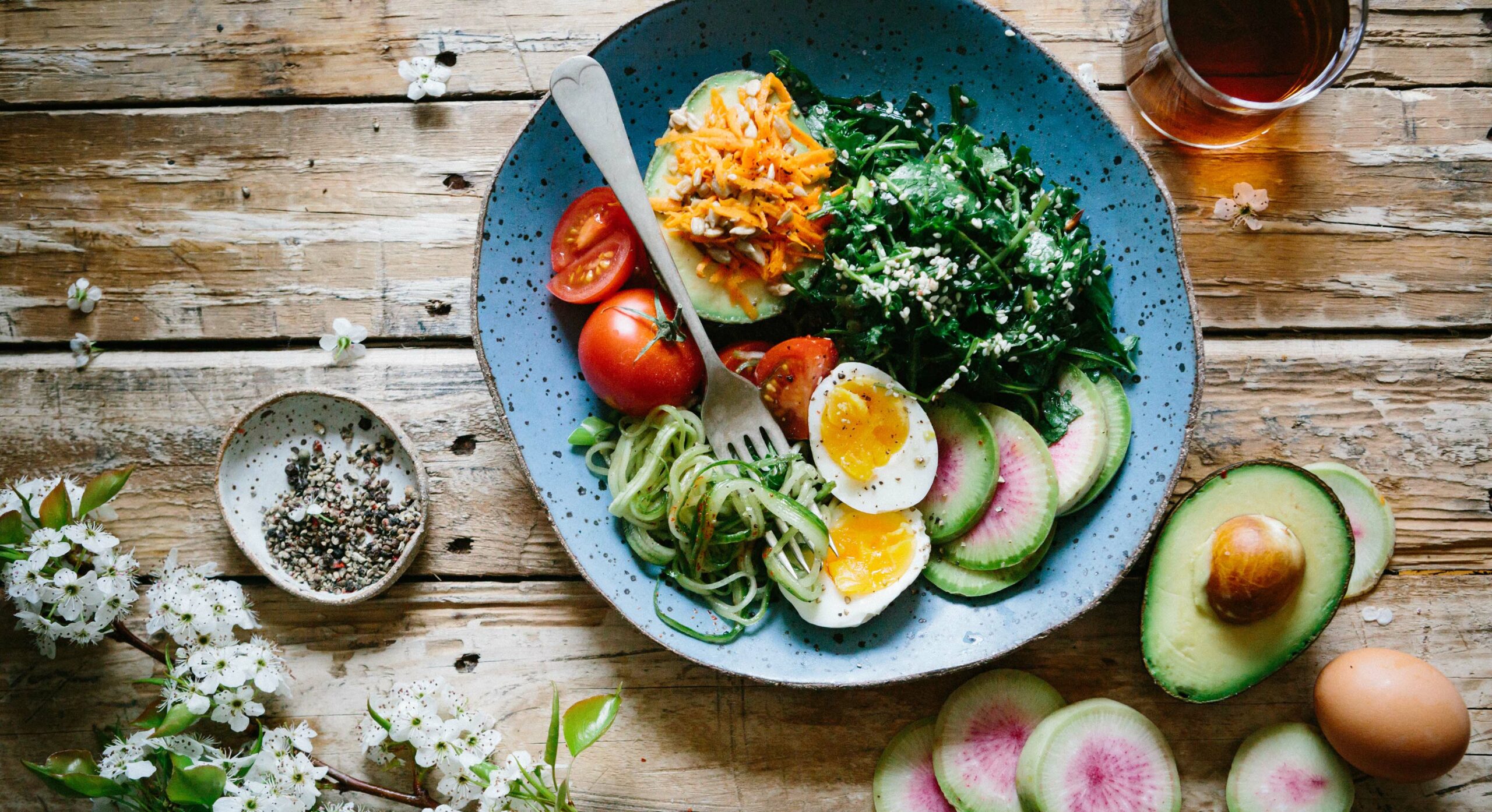At the start of each year, we tend to set ourselves goals to make the current year more exciting than the last, however for the majority of us after 6 months our goal becomes an afterthought.
This can be for a variety of reasons; the task we started is not as easy as we originally thought, our daily routine doesn’t allow for much spare time, our expectations of the output are not realistic and or we just lack motivation, the desire we once had no longer exists.
So, what is the cause of this sudden loss of motivation?
Low motivation levels can be associated with low levels of dopamine. Dopamine functions as a neurotransmitter, which is a chemical released in the brain that sends signals to various nerve cells. These nerve cells are known to lead to the pathways in our brain which control both our motivational and reward type behaviours which are responsible for the feeling of satisfaction.
But if our dopamine is low or travels to the wrong nerve cells we can experience a loss of satisfaction or have little reward type behaviours that enable us to complete a task especially if we think the task is too hard.
However, that is not the only reason why we may lack motivation, as it can be as simple as having a low nutritional diet. After years of research several studies show that there is a correlation between gut health and our mood. This is because 90% of the serotonin receptors or as we like to call it the happy chemical/hormone are located in our gut.
This means a diet that is high in refined sugars and processed foods can destroy the healthy gut microbes we have through suppressing of the gut microbes or causing a bacterial overgrowth in the gut which will impact the amount of serotonin the gut can make.
How can you increase your motivation?
One of the easiest ways we can increase our motivation is through eating a diet rich in nutritional foods to keep both the brain and the gut healthy.
Research suggests that an increase in protein can support the boosting of dopamine levels due to the direct precursor of dopamine being synthesized indirectly from the essential amino acid phenylalanine or directly from the non-essential amino acid tyrosine, all of which are found in protein. Probiotic rich foods such as yoghurt, kefir, sauerkraut and pickles can also support restoration of healthy gut bacteria allowing the gut to make more serotonin.
So, next time you set yourself a goal and you feel like you are losing motivation and just ready to give up, do a quick review of your diet as eating the right foods can keep your dopamine and serotonin levels balanced keeping you motivated and focused.





